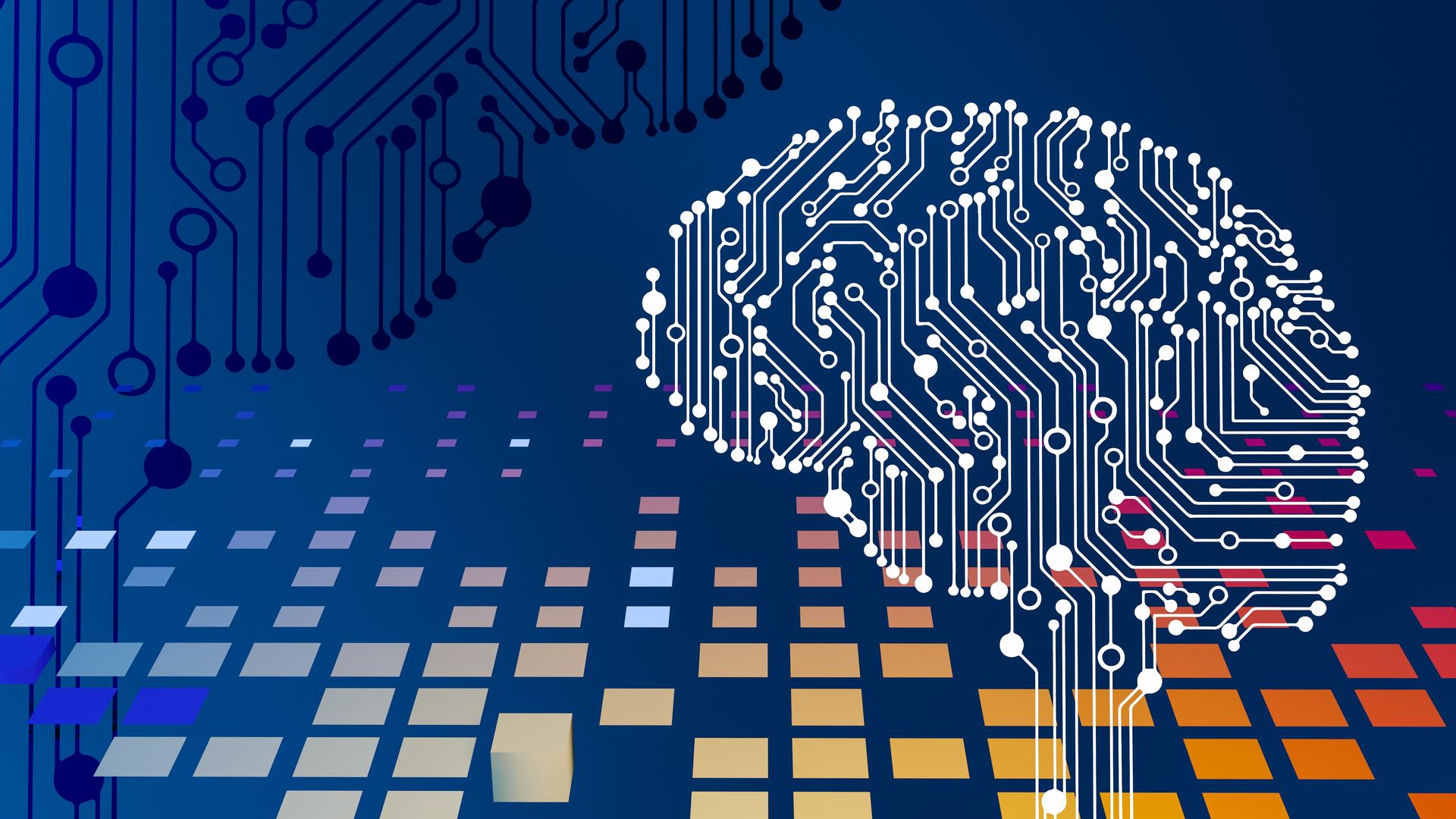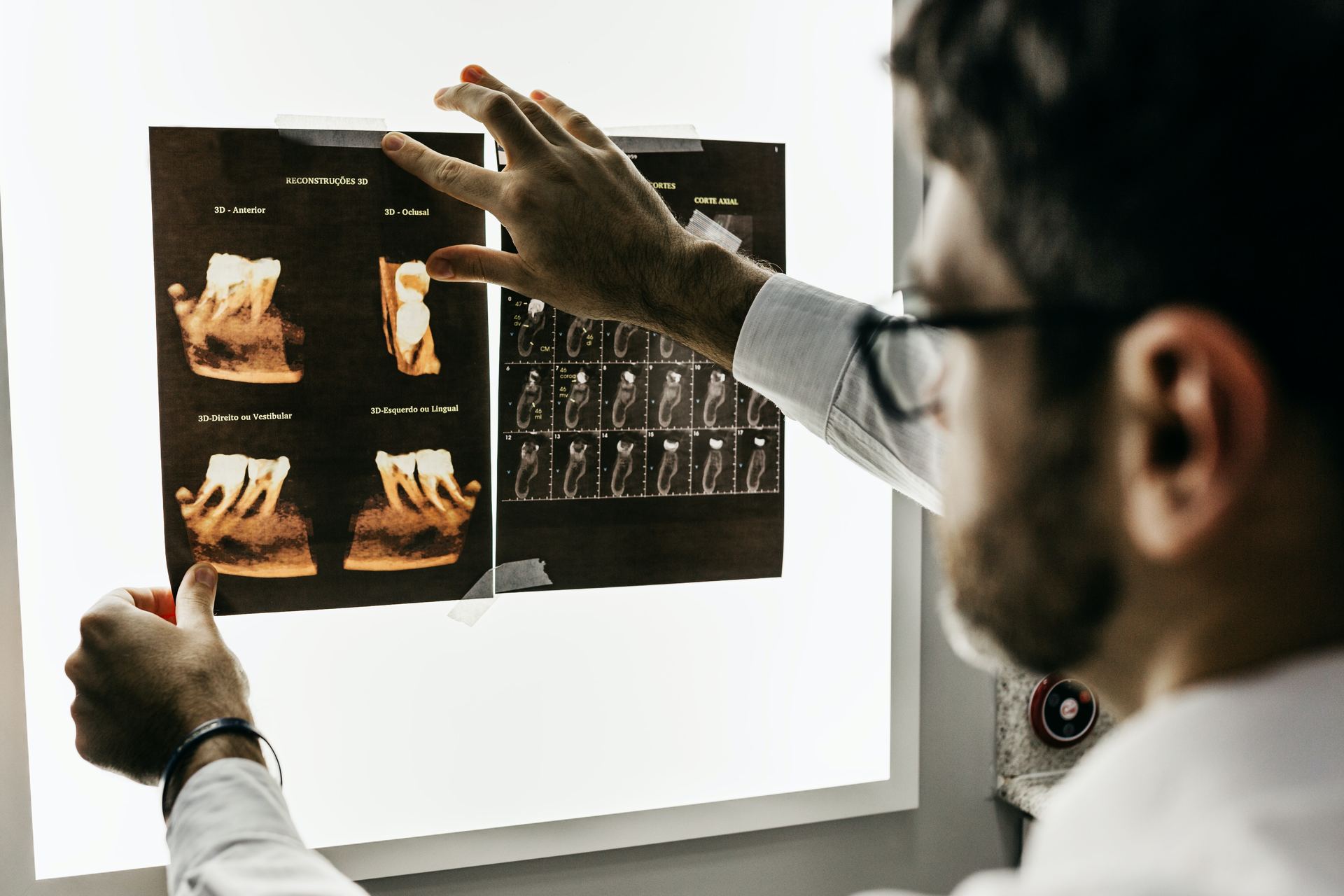
☝️ TLDR
Microsoft AI Develops New Algorithm That Can Improve the Accuracy of Machine Learning Models
Google AI Releases New AI Model That Can Generate Realistic Text
Amazon AI Develops New Algorithm That Can Recommend Products to Customers More Accurately
Researchers Develop AI Algorithm That Can Help Doctors Diagnose Cancer
New AI-Powered System Can Help Students Learn Math More Effectively
✨ Microsoft AI Develops New Algorithm That Can Improve the Accuracy of ML
Microsoft AI has developed a new algorithm that can improve the accuracy of machine learning models by up to 10%. The algorithm, called Focal Loss, is designed to address the problem of class imbalance, which is when one class in a dataset is much larger than the other classes. Focal Loss works by down-weighting the loss for the majority class and up-weighting the loss for the minority class. This helps the model to learn more effectively from the minority class data.
✍️ Google AI Releases New AI Model That Can Generate Realistic Text
Google AI has released a new AI model called LaMDA, which stands for Language Model for Dialogue Applications. LaMDA is a factual language model from Google AI, trained on a massive dataset of text and code. It can generate different creative text formats of text content, like poems, code, scripts, musical pieces, email, letters, etc. It will try its best to fulfill all your requirements.

🤖 Amazon AI Develops New Algorithm That Can Recommend Products
Amazon AI has developed a new algorithm that can recommend products to customers more accurately by up to 20%. The algorithm, called Personalized Recommendations, is designed to take into account a wider range of customer factors, including their purchase history, browsing behavior, and product ratings. Personalized Recommendations also uses machine learning to identify patterns in customer behavior that can be used to predict future purchases.

🩺 Researchers Develop AI Algorithm That Can Help Doctors Diagnose Cancer
Researchers at Stanford University have developed a new AI algorithm that can help doctors diagnose cancer more accurately. The algorithm, called Deep Cancer, is trained on a massive dataset of cancer images and patient data. Deep Cancer can identify cancer cells in images with greater accuracy than human doctors. It can also predict the type of cancer and the likelihood that it will spread.
📚 New AI-Powered System Can Help Students Learn Math More Effectively
A new AI-powered system called Carnegie Learning Mathspace has been shown to help students learn math more effectively. Carnegie Learning Mathspace is a personalized learning platform that uses AI to adapt to each student's individual needs. The system provides students with real-time feedback and guidance, and it helps them to identify and overcome their weaknesses.